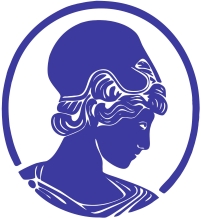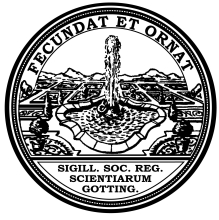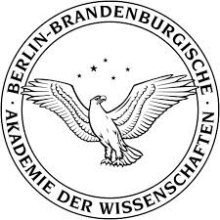Goethe Dictionary
The Goethe Dictionary is an individual language dictionary which registers Goethe's entire vocabulary in alphabetical order. With a “Wortschatz” of around 93,000 words, Goethe is considered the most eloquent German author. Fortunately, Goethe’s written and (part of) oral legacy has been almost completely published. This corpus is the point of reference for the comprehensive analysis of his vocabulary and word usage.
The dictionary is based on an archive of around 3.5 million citations for all the headwords (from “A” to “zypresseragend”), not only deriving from his literary works, but also from countless letters, diaries, scientific writings and official documents. They demonstrate Goethe's multifaceted every day as well as poetic language and his extensive scientific and technical vocabulary (from anatomy, botany and chemistry to geology, mineralogy and optics, administrative science, civil law and zoology). However, Goethe's language is not only the idiolect of a unique, linguistically powerful and lexically abundant author, but also presents the general contemporary language of the late 18th and early 19th centuries to a large extent - a period which, not least because of Goethe, is considered the formative epoch of the modern German language.
The formally structured articles show the range of meanings in Goethe’s usage of each headword. They provide comprehensive information about the sometimes quite surprising aspects of meaning in the infancy of today’s German. The findings are documented in a way that is both vivid and entertaining with original quotations, often from the lesser-known fringes of Goethe’s work. Therefore, the Goethe Dictionary has become indispensable not only for the understanding of Goethe's literary work but also as an aid to understanding all texts from the Classical to the Romantic period.




